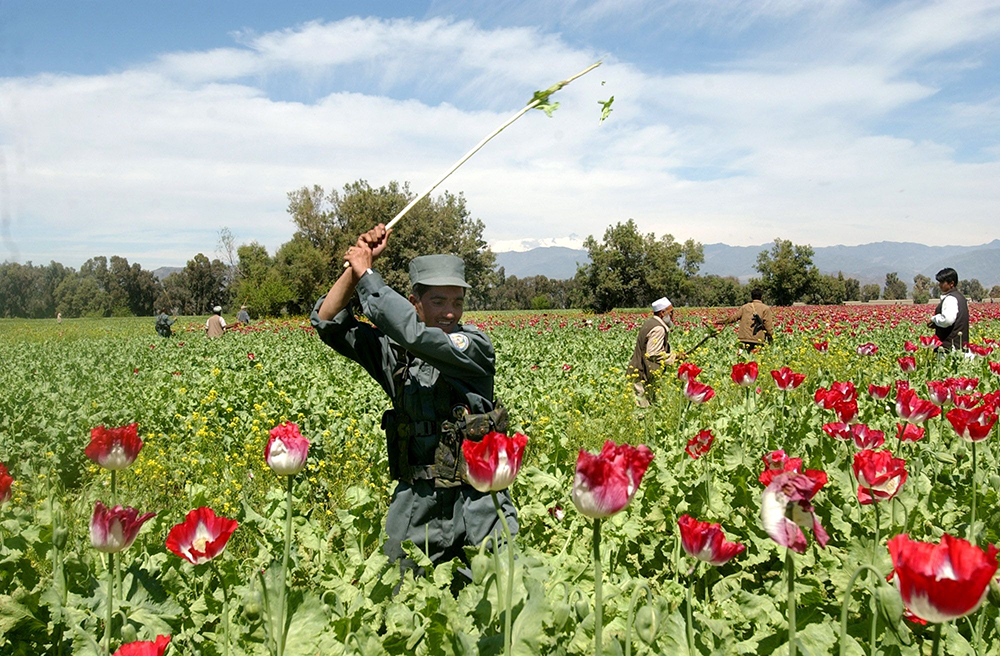Drug Policy – Drug Economy: Shaping Development Outcomes
In a policy brief, NADEL MAS ’20 alumnus Silvan Hungerbühler outlines how the illicit drug economy and policy towards it are important yet often underestimated factors shaping development outcomes.

The policy framework based on interdiction and drug eradication has been firmly in place for decades. Prohibitionist policies have led to the creation of lucrative black markets, unregulated, predatory spaces ruled only by market forces and violence.
As a result, few details are known about the drug economy. Certainly, it is inextricably interwoven with at least three axes of development: poverty alleviation, functioning ecosystems and the capacity of the state and political system.
In his policy brief, Silvan Hungerbühler identifies three obstacles that must be addressed to better align drug policy with development goals: i) lack of objective analysis of policy alternatives; ii) absence of the most affected stakeholders in the policy debate, and iii) scarce and unreliable data about the drug economy and its interaction with policy.
In the recent opening of drug policy debates, the author sees an opportunity for decision makers, including development practitioners, to improve policy for all stakeholders.